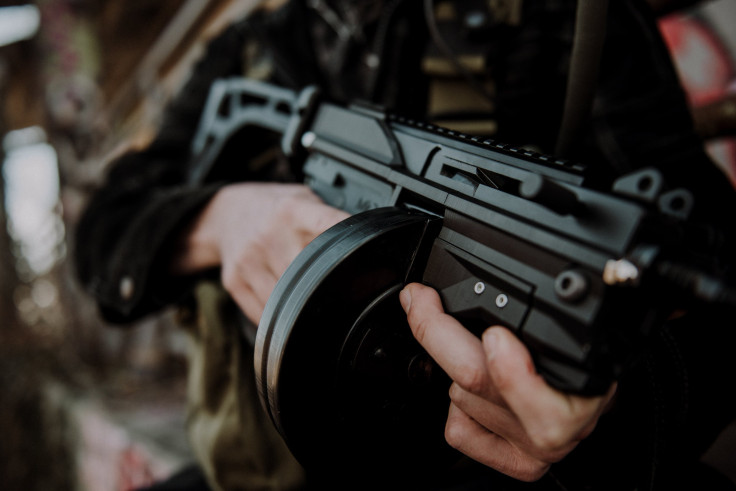The army of Colombia reported that six soldiers had died in clashes with rebel dissidents in the violent Cauca area of the country's southwest as the government works to put an end to a prolonged conflict, Al Jazeera reported.
The deaths occurred when the Revolutionary Armed Forces of Colombia (FARC), a left-wing rebel group that signed a peace pact with the government in 2016, clashed with rebels on Tuesday, Dec. 6, according to Colombia's military,
The murdered troops were between the ages of 18 and 20, according to President Gustavo Petro, who is pursuing a "total peace" plan with the country's remaining armed organizations. In the assault, they encountered grenades, Improvised explosive devices, and gunfire, according to the army.
“It was an infiltration operation” by one of the main dissident factions, Petro said.
Over the weekend, three more military dissidents were killed by FARC rebels in the same region where armed organizations engage in drug trafficking and other illegal operations.
In September, the dissidents declared that they would be open to negotiating the surrender of their weapons after rejecting the government's and FARC's peace agreements earlier.
After taking the office as Colombia’s first left-wing president in August, Petro and his aides have met with leaders of the two main factions of FARC dissidents with an eye to setting up peace talks.
“So far, we have only talked about the possibility [of a ceasefire], nothing more,” Petro said on Tuesday.
Recent years have seen an increase in violence in Colombia, particularly in regions that are not under the control of the government.
The Norwegian Refugee Council said last month that over 2.6 million people had their movements restricted as a result of ongoing violence around the nation, citing statistics from the United Nations humanitarian affairs office (UN-OCHA).
Colombia has reopened talks with the National Liberation Army (ELN), the largest surviving rebel organization in the nation, as part of Petro's peace proposal.
It was revealed by the president over the weekend that the talks in neighboring Venezuela resulted in a settlement that will allow the Indigenous Embera people to return to their homelands.
Members of the community had fled violence between drug gangs, outlawed right-wing armed groups, and the ELN. Many have sought shelter in the capital, Bogota.

© 2025 Latin Times. All rights reserved. Do not reproduce without permission.



